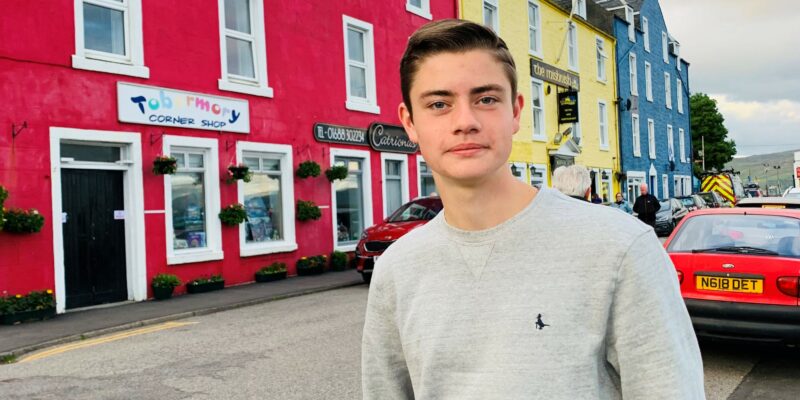
In late July, around the time I learned that 17-year-olds turning 18 on or before 31st October had become eligible to get their vaccine, there had been much concern over the slowing rate of vaccination as the programme began to target a younger cohort. So as soon as I realised I was eligible, I did not hesitate: the next day, I went straight to one of the drop-in centres where I was duly given my first dose of the Moderna vaccine. Because while young people have less to gain than other age groups from vaccination – and are no doubt experiencing a sort of mental fatigue after having had over a year of their lives dominated by the pandemic – I believe it is vital that we open our eyes to the practical and moral arguments for getting the jag. I do not believe most young people who have not yet taken up the vaccine are committed anti-vaxxers; rather they are merely vaccine hesitant and will, with an injection of reason, come round to the idea.
My own vaccine experience at the Royal Highland Centre in Edinburgh was seamless. As soon as I entered the clinic, I got the impression of a very slick mass operation: there were plenty of staff around to help guide you and to sanitise touch points around the building, alongside floor markers telling you where to stand in the queue. At the entrance I was told which vaccine I would receive, then guided to a registration area, social distancing maintained throughout. Before reaching the vaccination booths I was given a leaflet containing all the information I needed to know about possible side-effects, which I read through carefully.
As I advanced steadily up the queue, I reflected quietly on the past year and all its difficulties, from the early stages of lockdown when the novelty of restrictions was frightening, to the latter ones when they became tedious. I remembered hearing daily death statistics on the news, which only seemed to reach new records day in, day out. I remembered counting down the days left of virtual learning down, exceedingly demotivated in front of my laptop screen. I also remembered the relief I felt when we had the announcements of the Pfizer, AstraZeneca and Moderna vaccines respectively being approved for use in the UK. It was hard not to marvel at the speed of the rollout.
It’s therefore disheartening that after the incredible success of vaccine research, clinical trials, procurement and rollout, the most common reason I hear for not wanting to get the vaccine is a curious unease that we might not know enough about potential side effects. To that, my response is simply that we do. The vaccines used in the UK have all passed phase 3 trials and the mRNA vaccine technologies used in the shots are not some sort of novel medical creation but have been studied extensively and used for years in other treatments. They are safe and effective. When it comes to the issue of extremely rare blood clots among people who had received the AstraZeneca vaccine, the fact that other vaccines are instead being offered to younger age groups is proof of a precautionary approach which should comfort and not scare.
For my part I experienced none of the negative side effects I read about on my leaflet other than a sore arm, but even hearing from those who did I think most can agree that the individual and collective advantages proffered by a degree of immunity to the virus make them worth suffering.
Besides, in my view there are many positive side effects to vaccination. Personally, I got an almost cheering feeling afterwards, not unlike disembarking a plane after a particularly unpleasant journey and feeling solid ground beneath your feet. After months of lockdowns, vaccines are the way out, and the only way to make the removal of restrictions irreversible and to bring an end to this whole odyssey of masks, isolation and distancing is for as many people to get the vaccine as soon as possible. Therefore, the message I would like to leave other young people with is that they must take advantage of the fortunate position we are now in, especially relative to many people in other countries, and not view the COVID-19 vaccine as another sacrifice, or in any way burdensome. It is our way out of the pandemic.
Luke Blair is the Research and Policy Intern at Voluntary Health Scotland.
If you are a young person with concerns about the vaccine, check out this Young Scot podcast where Katy J is joined by young people from the Young Scot Health Panel to discuss vaccine concerns with Professor Jason Leitch, Scotland’s National Clinical Director.
If you are a young person wanting to find out more about getting the Covid-19 vaccine, NHS Inform is always the most accurate source of information in Scotland. You may find these links helpful:
NHS Inform – how can I get vaccinated?
NHS Inform – how do the vaccines work and are they safe?
